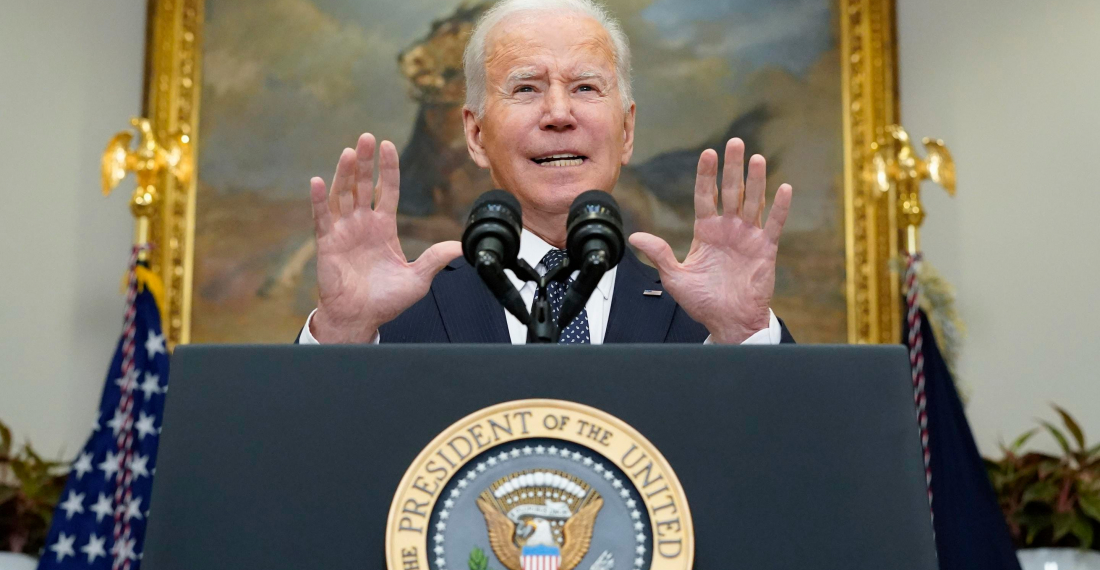US president Joe Biden said on Friday evening (18 February) that Russian president Vladimir Putin has taken the final decision to invade Ukraine and that the objective is to occupy the Ukrainian capital, Kyiv.
Speaking in a televised message from the White House, Biden said that his assessment was based on US intelligence information. He did not elaborate.
President Biden said the US had "reason to believe" that Russian forces were "planning to and intend to attack Ukraine in the coming week, in the coming days".
"As of this moment I am convinced that he has made the decision," he added, referring to President Putin. Previously, the president and his top officials have said they did not know whether this was the case.
But, he said, Russia could "still choose diplomacy" and that it was "not too late to de-escalate and return to the negotiating table".
Russia will this weekend be conducting massive military exercises, with the involvement of nuclear forces. President Putin will personally oversee the drills. Currently Russia has around 190,000 troops amassed around Ukraine.






